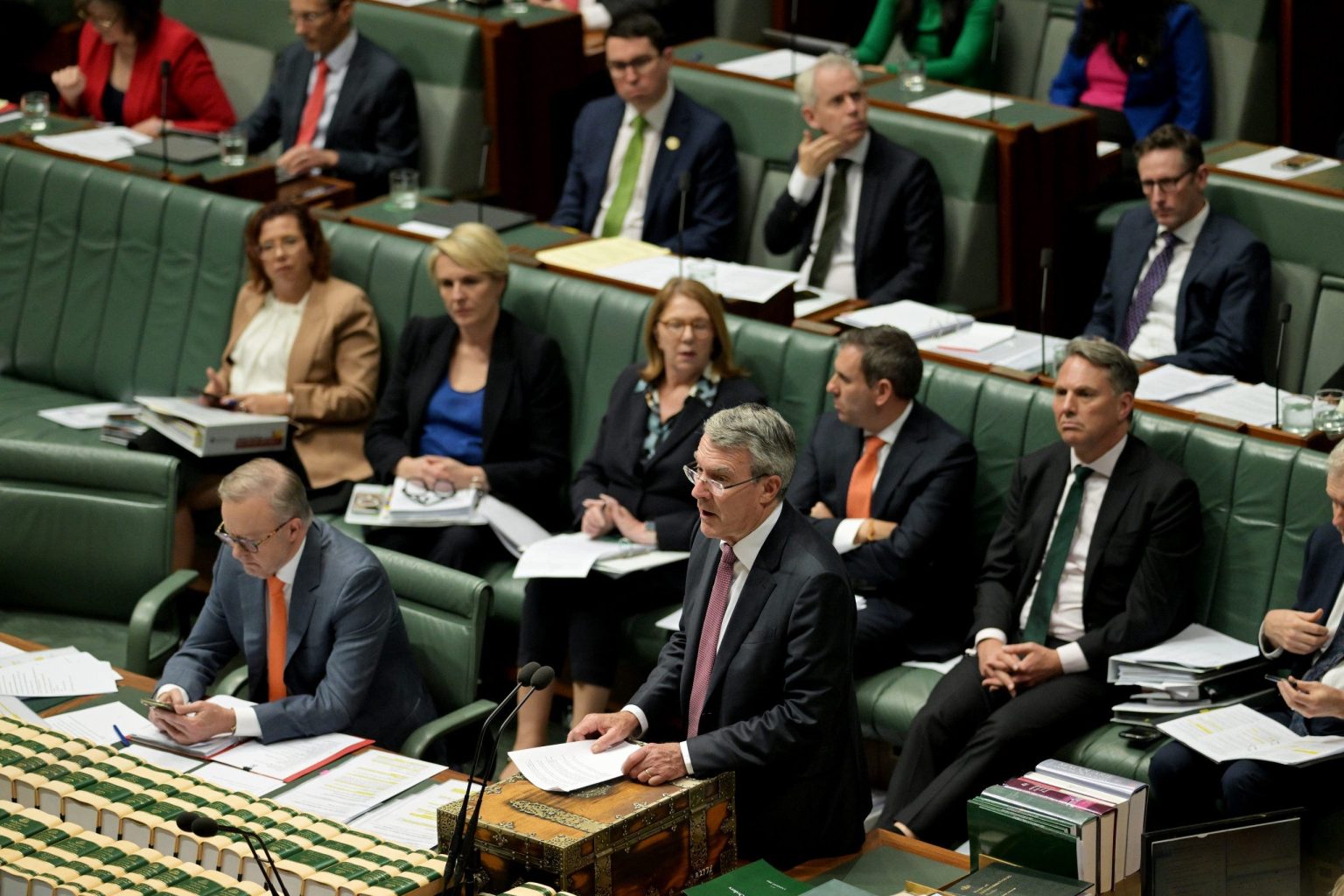Australian officials have proposed new laws targeting online disinformation, with critics expressing concerns about potential over-policing and crackdowns on free speech. The proposed legislation aims to combat misinformation and disinformation, with penalties for tech companies that fail to prevent the spread of false information, including fines of up to 5% of their global revenue. The laws would also introduce punishments for doxxing and allow parents to sue for invasions of privacy related to their children. The Free Speech Union of Australia has criticized the new laws for failing to address key issues raised from previous legislation.
Elon Musk called the Australian government “fascists” in response to the proposed laws, while Labor Assistant Treasurer Stephen Jones defended the government’s actions as necessary for keeping Australians safe from scammers and criminals. However, critics like John Storey argue that the government is using fears about harmful online content as a way to push forward laws that impose political censorship. The push for these laws comes amid concerns about foreign influence on social media platforms leading up to the upcoming federal election.
The government has faced backlash for its crackdown on online misinformation, with concerns raised about potential infringement on free speech rights. Despite efforts to narrow the scope of misinformation included in the legislation, including exemptions for certain types of content, critics continue to express skepticism about the true intentions behind the proposed laws. The issue gained attention during the Australian Indigenous Voice referendum, where misinformation played a significant role in shaping public opinion.
The proposed laws have been met with criticism from various quarters, with some accusing the government of overreach and using the pretext of protecting Australians from harmful content to push for increased censorship. The debate highlights the tension between freedom of speech and the need to combat misinformation in the digital age. As the government forges ahead with its plans to regulate online content, the implications for free speech and democracy in Australia remain hotly contested. It is clear that finding the right balance between protecting citizens from harmful content and upholding their right to free expression will be a continuing challenge for policymakers.


